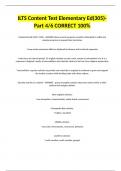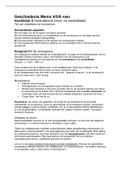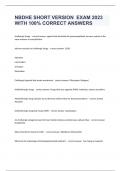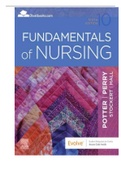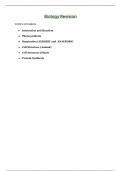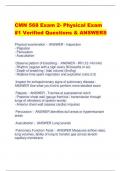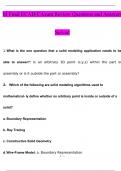Tentamen (uitwerkingen)
ILTS Content Test Elementary Ed(305)-Part 4/6 CORRECT 100%
- Vak
- Instelling
Colonial Period () - ANSWER when several european countries attempted to settle and colonize americas to expand their territories *many native americans killed or displaced by disease and territorial expansion *main focus of colonial period: 13 english colonies on each coast; reason of coloni...
[Meer zien]
